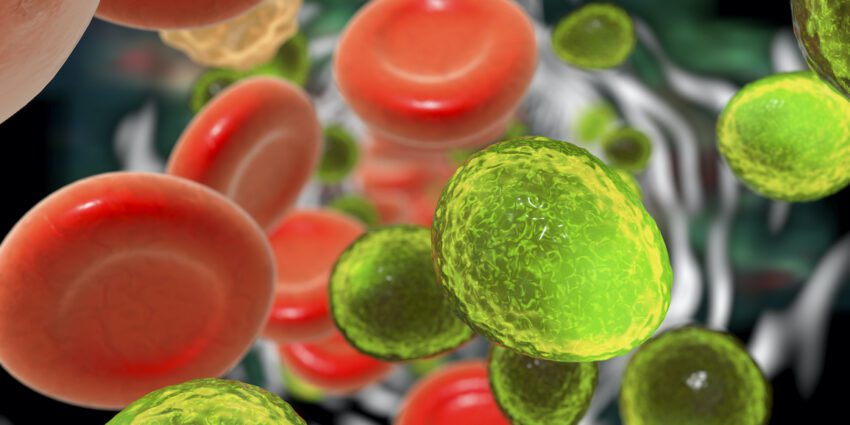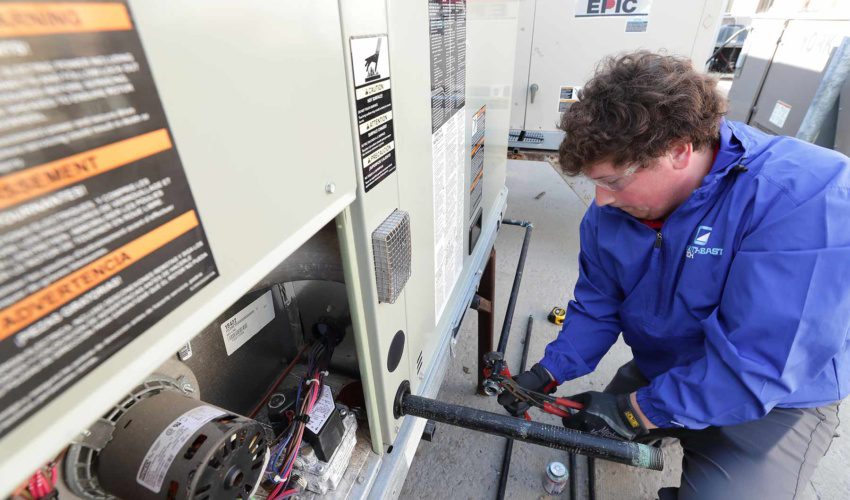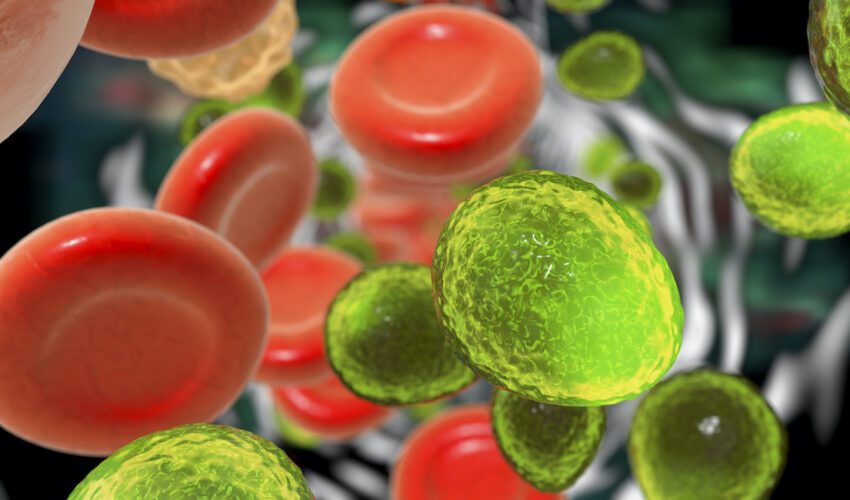Avera Cancer Institute looks to cell therapies
Feb. 16, 2021
This paid piece is sponsored by Avera.
When it comes to cancer care, most people understand the standard treatments: surgery, chemotherapy and radiation.
Newcomers to the treatment scene are cell therapies and immunotherapy. “People are becoming familiar with immunotherapy – drugs that stimulate the immune system,” said Dr. Ben Solomon, Avera Medical Group medical oncologist and oncology clinical research officer.
“Immune effector cell therapies – or cell therapies for short – can potentially harness the power of the immune system by using engineered cells or altered cells that are either the patient’s own cells or from a cell line,” Solomon said.
A cell line or cell culture is a population of cells grown outside their natural environment – for example, in a laboratory.
“Avera has taken part in cutting-edge clinical trials. We have been and continue to expand as a center for cell therapies, offering options not available elsewhere in the region,” said Dr. John Lee, Avera Cancer Institute clinical medical officer for cancer research.
Experienced cellular therapy team
Offering cell therapies requires an experienced bone marrow transplant or cellular therapy team to extract the patient’s cells to be sent to a lab. Avera’s Transplant and Cellular Therapy program was established in 2000 and is the only one in the Upper Midwest, including South Dakota, North Dakota and Wyoming. It has been accredited for transplant by the Foundation for the Accreditation of Cellular Therapies since 2004 and recently achieved accreditation for cellular therapy.
“These expanded therapy options for our patients are due to a long-term dedication for several teams at Avera. Our Transplant and Cellular Therapy program will be expanded to include these novel cellular therapies, allowing the medical oncologists and transplant and cellular therapy physicians and staff to work in collaboration,” said Dr. Vinod Parameswaran, medical director of the program.
Examples of cell therapies include natural killer, or NK cells; chimeric antigen receptor T-cell, or CAR-T; and tumor-infiltrating lymphocytes, or TILs. Cell therapies have been used successfully in cancers of the blood and lymphatic system and are moving to solid tumors.
“While not all patients will experience the same results, these therapies have resulted in significant response in patients with metastatic disease, and we’re excited about what we’re seeing,” Lee said. “Our goal at Avera is to make more care options available to our patients. Immunotherapy and cell therapies are among options that can make a difference in quality of life, survival and even remission of the disease.”
Here’s an explanation of the new therapies:
CAR-NK
Avera is the only cancer center in the Midwest to offer a clinical trial for the chimeric antigen receptor natural killer cell approach, CAR-NK, for cancer of the pancreas.
TILs
Avera has participated in a tumor-infiltrating lymphocytes trial for head and neck cancer and is looking into participating in a similar trial for lung cancer. The FDA is also expected to approve TILs therapy for melanoma and cervical cancer in the near future.
TILs are white blood cells that are sent by the body’s immune system to the tumor site to fight the cancer. In this therapy, TILs from the patient’s tumor are harvested. Tumor cells undergo a process to isolate the tumor-infiltrating lymphocytes in a lab. TILs are multiplied and then reinfused into the patient with an immune stimulant.
CAR-T
Avera was among the first health systems to offer CAR-T therapy in the U.S. for patients with diffuse large B-cell lymphoma and young adult B-cell acute lymphoblastic leukemia. The American Society of Clinical Oncology named the CAR-T therapy the Advance of the Year in 2018.
With this treatment, T-cells are extracted from the patient and then genetically engineered to include proteins called chimeric antigen receptors, which help find and kill cancer cells. The cells are then infused back into the body.
A new study at Avera, JCAR, aims to provide killer T-cells along with modified helper T-cells, which help to activate the killer T-cells. It’s used to treat certain patients with aggressive B-cell non-Hodgkin lymphoma.
A new era in cancer care
“To a large extent, we’ve explored fully the avenues of chemotherapy and radiation, although there will continue to be advances to make these therapies better tolerated or to maximize delivery to the tumor,” Solomon said.
“Targeted therapies like immunotherapy and cell therapies are exciting in their own way because they harness the power of the body’s own immune system.”
For some patients, surgery, chemo and radiation are not enough to address their cancer.
“We just need more avenues to treat cancer patients,” Solomon said. “I think we’re just at the cusp of this. It feels like we’re at the beginning of a new era in cancer care.”








